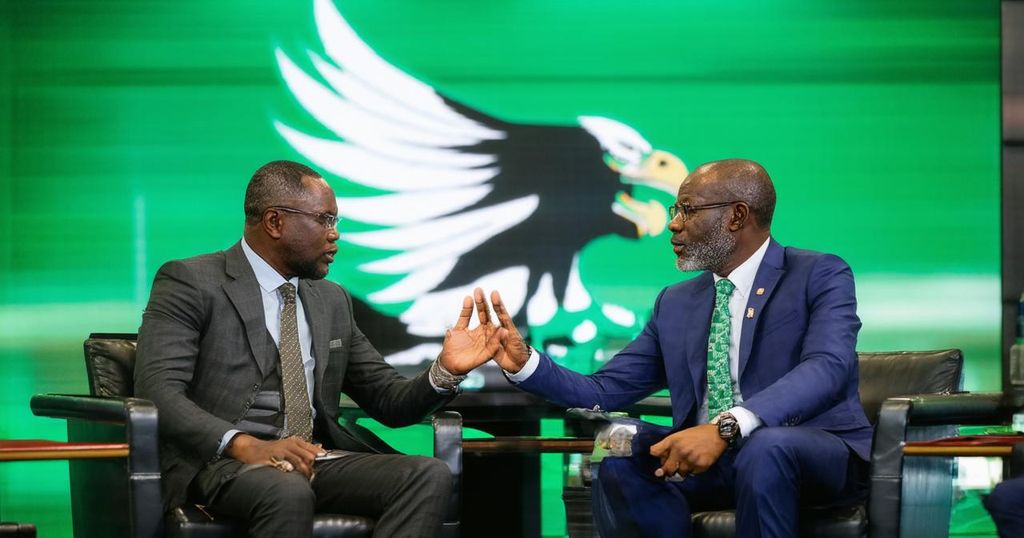Controversy Erupts Between Nigeria and Libya Following Super Eagles Incident
Nigeria and Libya are embroiled in a dispute following Nigeria’s boycott of a 2025 AFCON qualifying match due to the mishandling of the Super Eagles’ travel arrangements by Libyan authorities, leading to severe delays and inadequate conditions for the players. Both sides presented conflicting narratives to the Confederation of African Football, with Libya acknowledging certain failings but attributing the situation partly to prior challenges they faced in Nigeria. This incident is reflective of a troubling pattern of logistical issues faced by visiting teams in Nigeria that has been documented for years.
The ongoing dispute between Nigeria and Libya has intensified following Nigeria’s decision to boycott their 2025 African Cup of Nations qualifying match against Libya’s Mediterranean Knights. This controversy emerged after Libyan officials unexpectedly re-routed the Nigerian Super Eagles’ flight to Al Abraq Airport rather than Benghazi, leaving the team stranded for over 18 hours without accommodation or sustenance. Upon addressing the Confederation of African Football’s disciplinary committee on October 20, both nations presented conflicting accounts of the events. While Libya acknowledged the mistreatment of the Nigerian team and issued an apology, they also characterized the incident as a logistical error, suggesting it may have been influenced by grievances from their prior experience in Nigeria, where their team faced difficulties upon arrival. Specifically, Libyan Captain Faisal Al-Badri reported that their chartered jet was denied landing at Uyo Airport, forcing them to land at Port Harcourt instead. The fallout from these incidents highlights a troubling pattern of airport mismanagement and logistical issues that have marred international football relations involving Nigeria, with previous accusations of inadequate treatment of visiting teams also reported from as far back as 2013. As this situation unfolds, it raises critical questions about the protocols and handling of international sporting events.
The incident reflects a broader history of logistical inadequacies faced by visiting football teams in Nigeria. Past experiences, such as the 2013 stranding of the Kenyan Harambee Stars and similar grievances expressed by South Africa’s Bafana Bafana during a recent World Cup qualifier, exhibit a recurring issue with the Nigerian football authorities’ management of visiting teams. These logistical failures have historically led to strained relationships and allegations of poor treatment towards international teams.
The ongoing conflict between Nigeria and Libya regarding the treatment of their respective football teams underscores significant logistical failures and poor management practices. Both nations continue to exchange blame, highlighting the detrimental impact on their footballing relations. As each nation strives to address these grievances, the footballing community watches closely for resolutions that enhance international sporting diplomacy.
Original Source: www.voanews.com




Post Comment